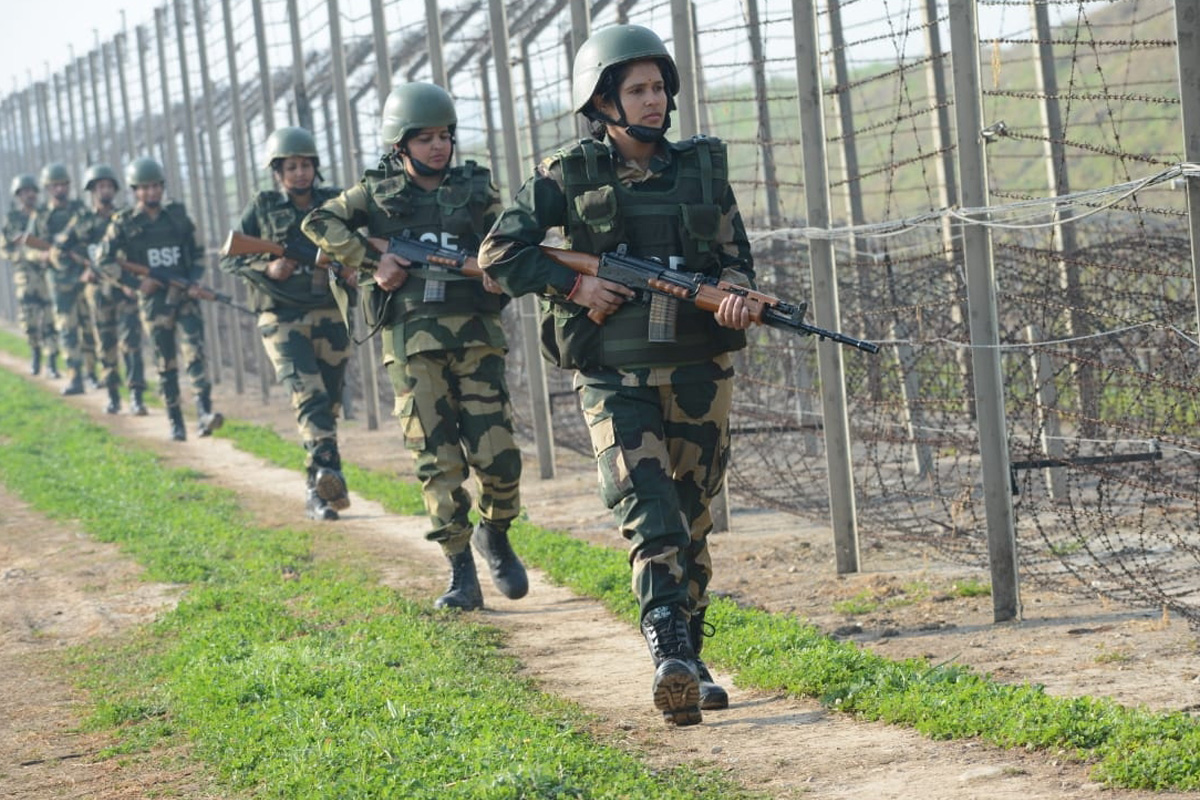That old one-liner ~ which comes off pat from faujis themselves ~ about military intelligence being a contradiction in terms has always raised a laugh in the mess.
Not because it has any truth in it but because it is both a recognition and send-up of the few Colonel Blimp characters in their midst while maintaining a self-deprecating narrative of an Indian institution that comprises some of the finest tactical and strategic minds in the country.
It is also iterated by some within the armed forces that Marquis of Queensbury Rules don’t apply in the ‘dirty wars’ waged across the globe post-Geneva Convention, especially on the Indian sub-continent where non-state actors have been trained, armed, and ideologically motivated by states not averse to using terror as an instrument of state policy.
The temptation for the Indian Army, therefore, to dismiss human rights concerns as largely prompted by those simpatico to the foreign-funded NGO variety of interlocutors is understandable.
Yet, that would be an overly simplistic view of the complicated ecology of the theatre of war against external enemies as well as internal threats. To its credit, the Army gets it.
The news, then, that India’s 13,00,000-strong standing professional army has created a new Major General-led human rights cell is exceedingly welcome. It is especially vital given the deployment of troops on internal security duties in the Union Territory of Jammu and Kashmir and in the Northeast.
According to a report, Major General Gautam Chauhan of the Gorkha Rifles has taken charge as the first Additional Director General (Human Rights) at Army Headquarters in New Delhi. He will report directly to the Army vice-chief whose office examines and, where required, investigates all allegations of human rights violations.
Additionally, in a complimentary move, an ADG (Vigilance) is also expected to be appointed as part of the ongoing restructuring of the Army HQ. “The two new branches headed by ADG (HR) and ADG (V) will take forward the Army’s commitment to probity and transparency,” an officer quoted by a contemporary said.
Before critics with a priori ideological positions rush to dismiss these moves as ‘window dressing’, as they most certainly will, it should be pointed out that the ADG (HR) will also have an Indian Police Service officer of SSP/SP rank on deputation to his branch to provide investigative expertise and facilitate necessary coordination with the Union home ministry and the probe agencies under its aegis to ensure that any investigation stands the test of not just Army rules, robust as they are, but also civilian jurisdictions.
The move exhibits the Indian Army’s understanding that the challenges of the 21st century for a fighting force deployed in multiple theatres are manifold and when dealing with internal unrest doubly so.
As an institution that has not been left untouched by the overall fall in societal standards as lynch mobs sometimes take over the discourse, it is heartening that the fauj has, once again, risen to the occasion.










